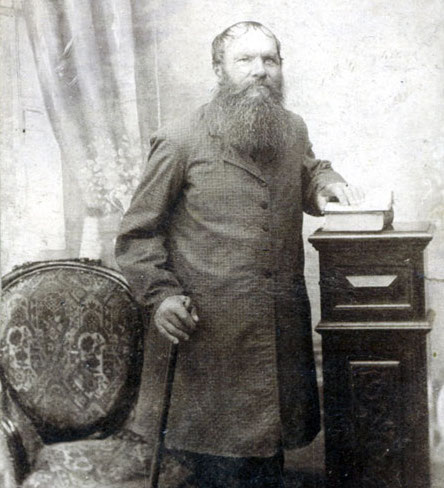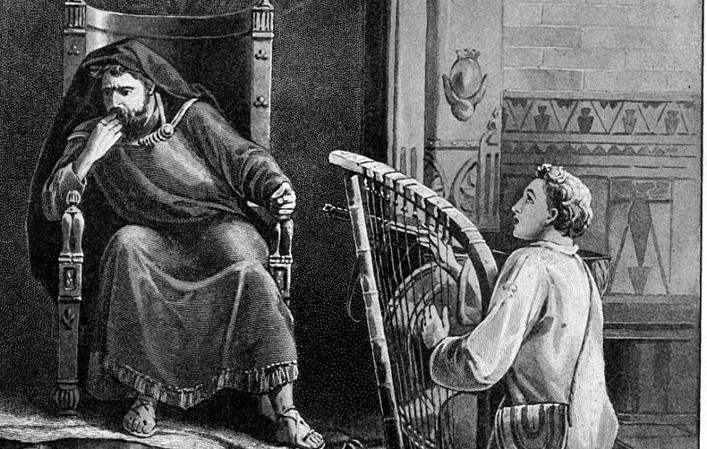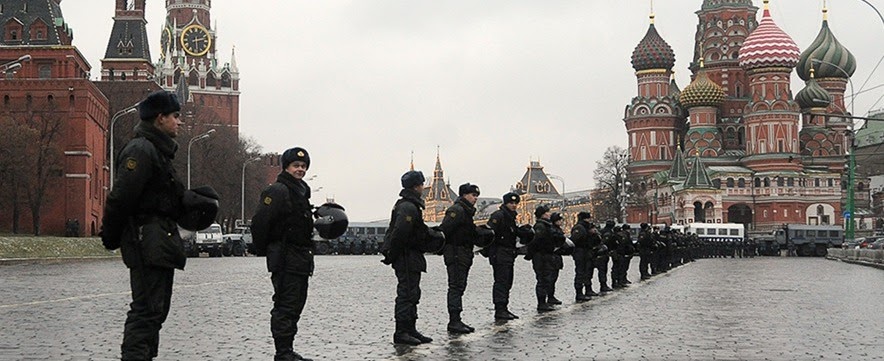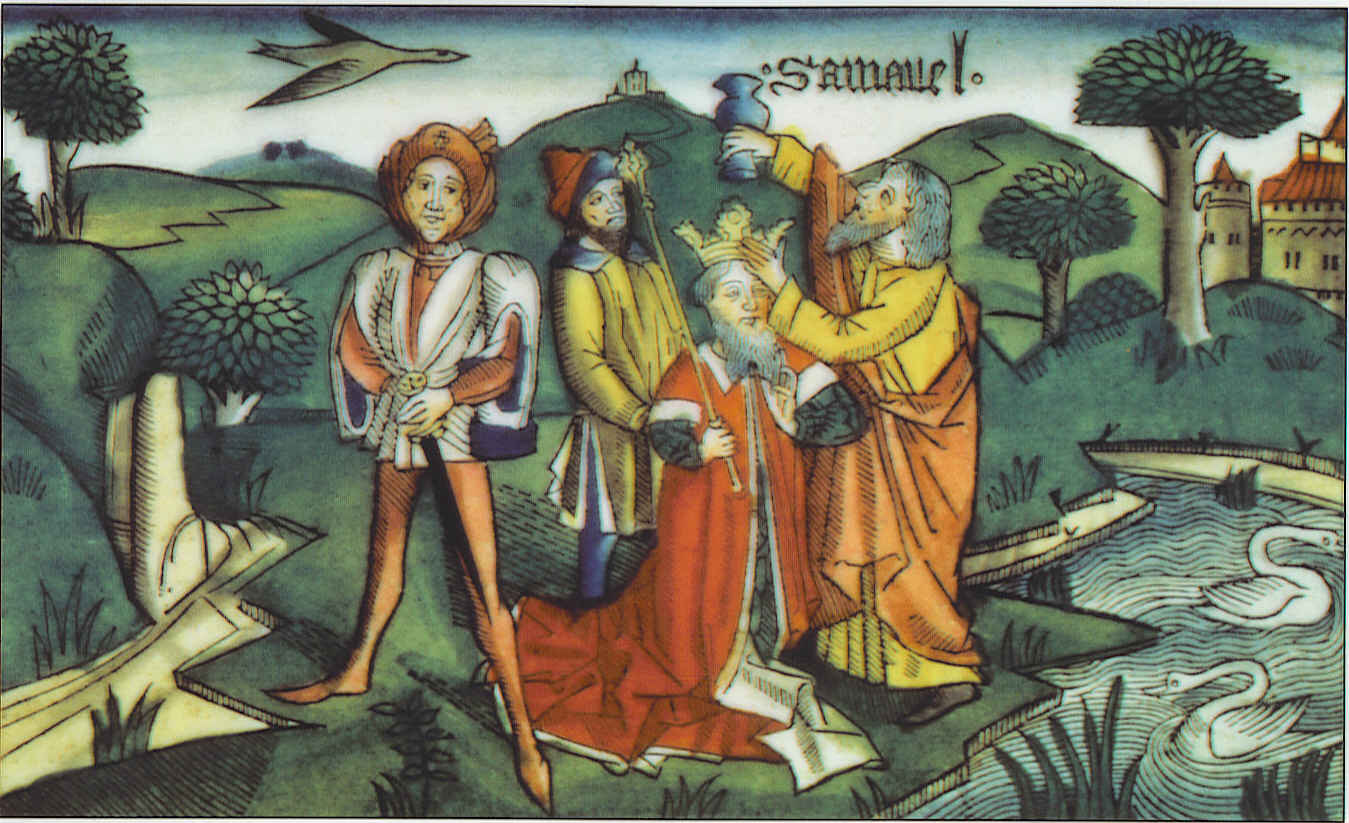Український протестантизм у системі суспільно-політичних координат


координат, у якій визначає себе український протестантизм, задається двома
осями: горизонтальною віссю церковно-громадських зв’язків і вертикальною віссю
державно-конфесійних відносин. Вертикаль — знайома і звична, за неї зручно
триматися, але в наші дні основні процеси розгортаються по горизонталі.
Майбутнє України визначається тим, чи зуміє громадянське суспільство, яке
знаходиться саме на стадії формування, заземлити
державну вертикаль, поєднати владу, яка все знай відривається, до її джерела —
народу, пов’язати її з потребами, вимогами і цінностями звичайних людей. Те ж
саме можна сказати і про церкву, особливо про церкви протестантські, які
демонстративно підкреслюють свою «народність».
визнати, що самі протестанти тяжіють до активної громадської роботи, хоча й
сповідують скептично-пасивну лояльність до держави.
у відносинах з суспільством вони підкреслюють свою суб’єктність і не поспішають
бачити її в самому суспільстві. Це є однією з причин того, що стосунки
залишаються однобічними, незважаючи на відкритість та ініціативність з боку
самого громадянського суспільства, що формується.
той же час у відносинах з державою протестанти заперечують власну суб’єктність,
тобто охоче поступаються ініціативою і задовольняються визнанням, не вимагаючи
натомість майже нічого, хіба що пільг на оплату комунальних послуг, поступок
стосовно військової повинності й захисту так званих «традиційних цінностей».
здається, що в умовах гострого попиту на реформи в державних структурах і
постреволюційної активності громадянського суспільства, протестантські церкви
мають проявити більше ініціативи і принциповості у ставленні до держави, а
стосовно суспільства — більше уваги і поваги, визнання і прийняття.
часом, саме вертикаль залишається головною віссю суспільно-політичного і навіть
суспільно-церковного життя. Деякі протестантські єпископи відомі тим, що не
вшановують своєю присутністю паству цілими місяцями, оскільки справді вважають,
що їх рівень — НЕ спільнотний, а політичний. Саме тому зустрічі з
представниками влади чи позиція у ВРЦіРО цінуються значно більше, ніж жива
взаємодія з громадами.
сказати навіть більше — комунікація між церковним керівництвом і рядовими
вірянами майже відсутня. І це не окремий випадок, а правило. Єпископ може
показатися на пасторській конференції, з’явитися за кафедрою, напучуючи,
викриваючи і вимогливо запитуючи. Але поставити йому запитання чи
поспілкуватися особисто буде складно, бо реального контакту з ним немає. Навіть
відвідуючи громади, керівництво має на меті не стільки почути про реальний стан
справ, скільки проконтролювати ситуацію і утвердити свою владу. Як наслідок,
церковні союзи живуть у реаліях, схожих на середньовічні, коли регіони на
словах визнають владу старшого київського єпископа, нехотячи приймають, коли
він об’їжджає володіння, виплачують необхідні внески, але не більше. Вплив
центральної влади часто обмежується стінами центрального офісу. Тому більшість
церковних союзів зберігають слабку версію вертикалі (вертикаль особистої
лояльності), побоюючись регіонального сепаратизму.
капітал зв’язків, авторитету, впливу предстоятеля ніяк не конвертується у
зв’язки, авторитет і вплив цілої церкви, тобто всього складно скомпонованого
церковного тіла. По суті, це можна назвати навіть не системою
державно-конфесійних відносин, а кон’юнктурою моментів, обумовленою особистими
стосунками впливових представників церковного і державного істеблішменту.
що стало загальним симптомом для протестантських (і не тільки) церков України,
можна назвати кризою спільнотності, тобто кризою спільнотної суб’єктності. Є
адміністративна вертикаль, є подоба єрархії, але занадто слабкими є самі
горизонтальні зв’язки, ті, які покликані взаємно зміцнювати стосунки між
вірянами, їхні спільні ініціативи, зворотній зв’язок зі священнослужителями,
почуття спільності, причетності, відповідальності.
внутрішніх, церковних причин цю кризу можна вважати частиною загальної, характерної
для України проблеми — нерозвиненості низових колективних форм суспільної
самоорганізації. Так, всі говорять про державу, але мало хто знає, що (десь
там!) має бути і громадянське суспільство. Так і в церкві: всі говорять про
владу і власність і лише одиниці переймаються спільнотністю. І тут, і там немає
розуміння, що суспільство — це ми, громада — це ми, що держава — наша, церква —
наша.
б, протестантизм повинен відрізнятися демократизмом, розвиненими громадами,
наявністю живих зворотних зв’язків, але, на превеликий жаль, і він орієнтується
на командно-адміністративні моделі, що яскраво проявляються у державі і в
титульних конфесіях. Тут варто визнати: партнерство з державою і одержавленими
конфесіями зіграло з протестантами злий жарт. Замість того, щоб привнести в
державно-конфесійні, міжконфесійні та суспільно-церковні відносини свою
славнозвісну протестантську простоту, безпосередність, навіть певний
радикалізм, протестантські церкви зручно прилаштувалися за спільним столом, не
ставлячи зайвих питань.
від «влади», посилання на зв’язки і дозволи «згори» ніяк не замінять живих
горизонтальних зв’язків з живими людьми та цільовими групами. А можуть навіть
зашкодити. Так в зоні АТО можна помітити, як все більше зростає роздратування
від бравих протестантських капеланів, яких «наказали» приймати «зверху». Таким
чином, церква дійсно набуває впливу, але не властивого для неї. При цьому в
очах суспільства вона опиняється в компанії можновладців, ефективних і
впливових, які не гребують користуватися корупційними схемами і «договорняками»
заради успіху.
суспільство, що якраз формується, набуває своєї суб’єктності і бачить у державі
аж ніяк не самодостатню силу. У свою чергу, цей запит чинить тиск і на церкву,
в якій «світське» громадянське суспільство бачить не тільки і не стільки
єпископат (аналог державної влади), а громаду, спільноту людей, добровільно
об’єднаних спільними цінностями і спільним баченням (церковний аналог
громадянського суспільства).
силу своєї історико-культурної та богословської специфіки саме протестантизм
може стати відповідним релігійним середовищем, де цей запит на активацію
спільнотності, церковної демократії, «церковно-громадянського суспільства»
зустріне розуміння, співчуття і втілення.
0
0
1
1094
6242
ASR
52
14
7322
14.0
Normal
0
false
false
false
EN-US
JA
X-NONE
/* Style Definitions */
table.MsoNormalTable
{mso-style-name:»Table Normal»;
mso-tstyle-rowband-size:0;
mso-tstyle-colband-size:0;
mso-style-noshow:yes;
mso-style-priority:99;
mso-style-parent:»»;
mso-padding-alt:0cm 5.4pt 0cm 5.4pt;
mso-para-margin:0cm;
mso-para-margin-bottom:.0001pt;
mso-pagination:widow-orphan;
font-size:12.0pt;
font-family:Cambria;
mso-ascii-font-family:Cambria;
mso-ascii-theme-font:minor-latin;
mso-hansi-font-family:Cambria;
mso-hansi-theme-font:minor-latin;}
і розвиваючи демократичні начала в церковному житті, протестантизм набуває
необхідної суб’єктності в діалозі з громадянським суспільством і в партнерських
відносинах з державою. Сьогодні ми вже фіксуємо цей тренд, як і численні
рецидиви, відкочування до радянських моделей внутрішньо- і зовнішньоцерковних
відносин. Чи будуть успішними протестантські церкви у розвитку власних
«церковно-громадянських спільнот»? Це залежить від того, чи збережеться молодий
тренд у розвитку громадянського суспільства в країні, чи збережеться вимогливий
тиск знизу, від людей цивільних, рядових. Церковні громади і громадянське
суспільство — сполучені посудини. Хоча, по правді, доведеться визнати: доля
громадянського суспільства в цілому залежить від розвитку
церковно-громадянського суспільства набагато більше. Тому церкви відповідальні
не лише за себе, за свій імідж у суспільстві і статус у відносинах з державою.
Їхні внутрішні процеси і самовизначення стають критичним фактором для виживання
держави і громадянського суспільства.









